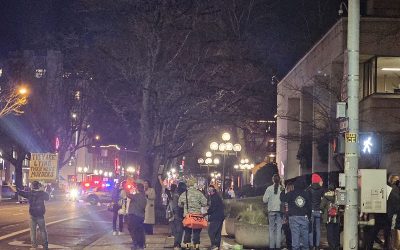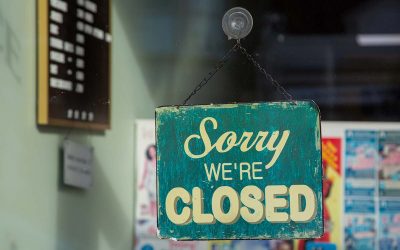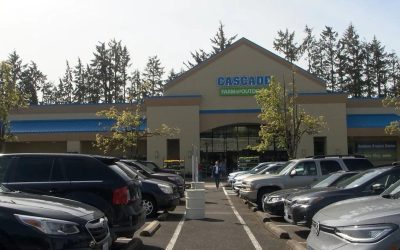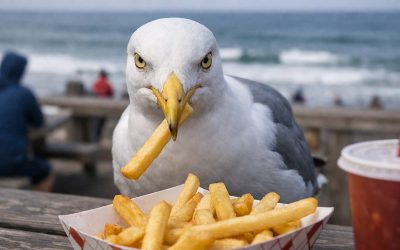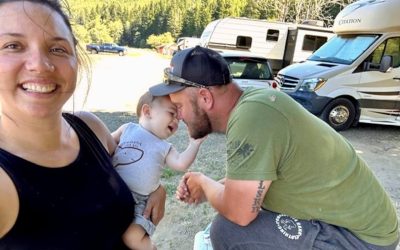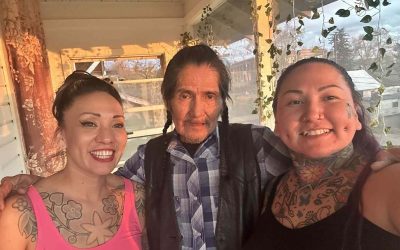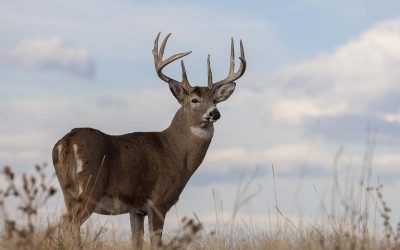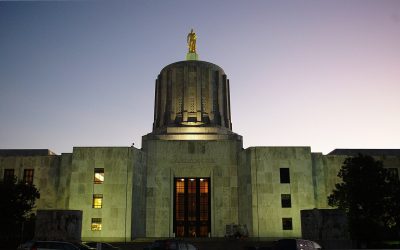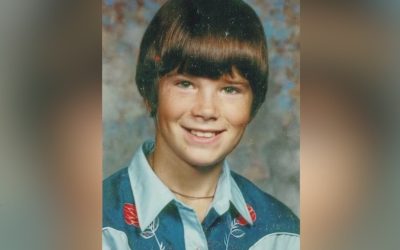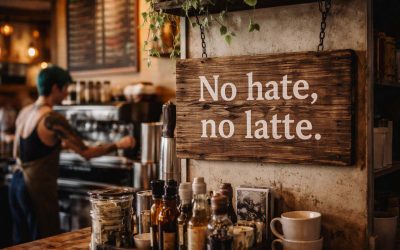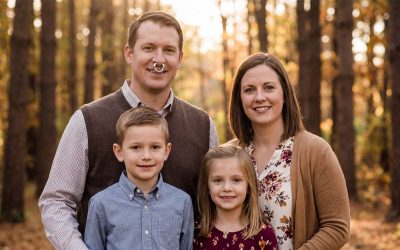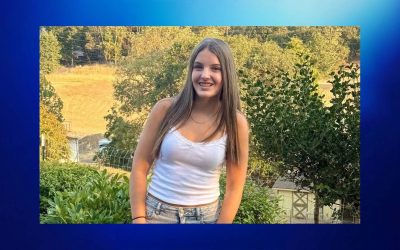California Governor Gavin Newsom has declared a state of emergency in response to the reported spread of bird flu in the state. According to officials, the virus, which has primarily affected wildlife and poultry farms, has recently been detected in Southern California dairy cattle, prompting concerns about its potential impact on public health.
Reports indicate that over 600 dairy farms are currently under quarantine as the virus appears to have mutated to infect cattle. Experts say the virus, though not fatal to cows, can reportedly be excreted through milk in certain concentrations. While there have been no recorded cases of person-to-person transmission, infectious disease specialists have raised concerns about the virus’s adaptability, suggesting that increased transmissions in animals could heighten the risk of a variant capable of human-to-human spread.

Governor Newsom’s emergency proclamation is intended to enable state and local agencies to respond swiftly, with measures including increased biosecurity efforts at farms and funding for containment strategies. Newsom has stated that the risk to the general public remains low but that these steps are necessary to minimize potential exposure to farm workers and prevent further spread.
BIRD FLU OUTBREAK— @CAgovernor has declared a State of Emergency over the Bird Flu. It’s spread among birds, cattle and San Joaquin Co. confirmed cases in two farm workers. Tonight on @CBSSacramento we’re getting answers on what the concern is over. pic.twitter.com/kxNxu7PFM4
— Tori Apodaca (@tori_apodaca) December 18, 2024
While the governor's action against the bird flu outbreak reflects a proactive approach, it inevitably draws comparisons to the controversies surrounding his handling of the COVID-19 response. California endured some of the longest and strictest lockdowns in the country, with residents facing immense hardship under the restrictions. Yet during that time, Newsom was photographed enjoying an upscale dinner with friends at The French Laundry—despite his administration's public health mandates that prohibited such gatherings. The double standard frustrated many who were unable to dine out or gather with loved ones.
As the bird flu situation continues to evolve, this state of emergency raises questions about how the government will balance swift action with transparency. While the reported risks are being closely monitored, the hope is that these measures will prevent the outbreak from escalating into a broader crisis. Whether Newsom’s actions this time restore public trust or further ignite criticism remains to be seen.


